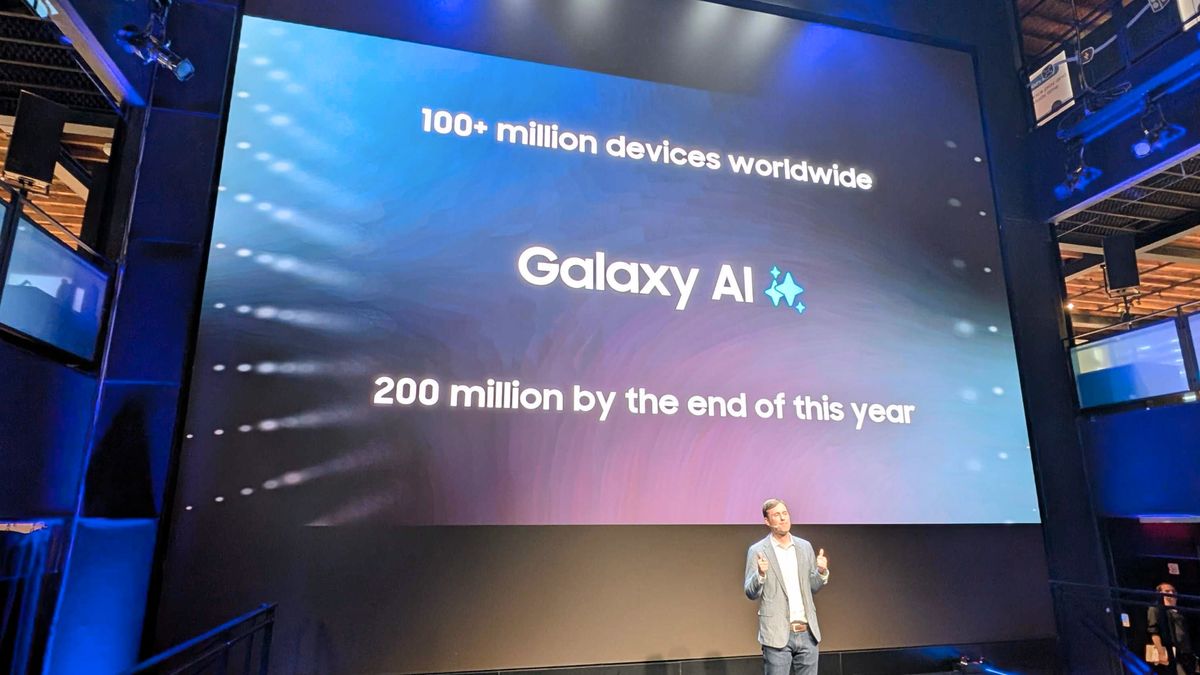I hadn’t been to a proper cinema in years, even in the pre-pandemic “before times”. But the other day I made my way to see the new documentary, Hallelujah: Leonard Cohen, A Journey, A Song.
I love Leonard Cohen as a songwriter. A Canadian born into an Orthodox Jewish family in 1934, he was a novelist and poet before turning to singing and songwriting. His lyrics often pulled on aspects of his faith tradition, while also suggesting a deep and layered understanding of the complexity of life. He sang of love, of faith, of being lost, of searching, of the trials of his people, of sexuality and relationships, and essentially of trying to live through this world in all its tragedy and triumph.
Of all his songs, his most famous is perhaps “Hallelujah”, a track on his seventh album, Various Positions, released in 1984. The album didn’t come out in the US at the time because it was rejected by the then head of Columbia Records. So the song remained obscure, even though Bob Dylan sang it live on occasion, until John Cale recorded a version in 1991. Cale rearranged the song from the 15 verses Cohen shared with him.
The documentary tells of “Hallelujah”’s evolution, highlighting how it moved from obscurity to a sort of informal communal ownership. Countless artists from Jeff Buckley, who immortalised it, to Willie Nelson, Brandi Carlile and even opera singer Andrea Bocelli, have recorded a version of the song, shape-shifting its lyrics and verses to suit their own arrangements.
When technology made it possible, I made a special playlist on my phone that’s just 12 different artists singing a version of it. Fifty-six straight minutes of “Hallelujah”s. Seeing the documentary made me wonder again: what is it about this song that has an endless appeal to audiences, and has moved musicians through the decades to keep it alive and thriving for almost 40 years? And why, even now, does it always feel relevant and timely?
The word itself, Hallelujah, composed of the two Hebrew words, hallel (praise) and yah (an abbreviated form of Yahweh, God), literally means to praise God. But the lyrics and the tone of the song seem to sway between hymn and dirge, two musical forms that could serve as responses to almost everything that happens in our lives: songs that celebrate and acknowledge the blessings and provisions of our lives, and songs that bemoan our losses, our heartbreaks, and our deaths. In the film, Cohen calls the word “rich and abundant”, and says people have been “singing it for thousands of years to affirm our little journey”.
Of all the various arrangements that have been recorded, and the liberties taken, the opening lines remain the same in every version: “(Now), I’ve heard there was a secret chord/That David played, and it pleased the Lord/But you don’t really care for music do you?/It goes like this . . . /The minor fall, the major lift/The baffled king composing ‘Hallelujah’.”
The story Cohen is alluding to is that of the 10th century BC King David, known in the Hebrew scriptures for both his deep faith to his God and his deep personal failings. Of all the many artistic portrayals of King David, “King David Playing the Harp” (1622), by the Dutch Golden Age painter Gerard van Honthorst, seems to me to depict some visible element of both the ache and the hope I perceive in Cohen’s song.
The image is of a king not necessarily young, but still in his prime. His hands on the harp look strong, as if they’ve known some labour — David was a shepherd and spent a long time in the wilderness on the run from the crazed King Saul before he himself became king. His neck is thick and muscular but there are a few creeping lines on his rosy-cheeked face. The richness of his clothing and his crown show he is secure in his success and is someone of power.
Even without knowing the longer narrative of David’s life written in the Hebrew scriptures, we could still assume that with his age, he is likely to have known both victories and failures, triumphs and grief. David’s life, like most of our own, was filled with light and darkness, an oscillation between our earnest and honest attempts to live with integrity, compassion and generous unselfish love, and our slips or actions that don’t affirm flourishing life and love for ourselves or others.
In the painting, perhaps searching once again for that “secret chord”, David plays what was most likely a lyre, an instrument often associated in ancient times with the gods, as was music itself. David was a gifted musician from his youth, and while he was a shepherd he used the lyre to help calm and appease the troubled King Saul. Now a king himself, David still plays the lyre, symbolic of his natural boyhood gift, his connection and devotion to what he considers holy, and his ability to appease.
His gaze is turned upward to the heavens, a look on his face evoking some cross between humility, doubt and hopeful anticipation. His expression is a powerful contrast to his strong stature and to his rich and heavy cloak. Regardless of his power and accomplishments, he is still just a man who can make mistakes, and remains at the mercy of forces beyond him, his God. And yet, despite the dissonance of David’s life, his narrative is still one written and read as composed of an ongoing relationship of love and adoration with the one he knew as God.
Granted, not everyone esteems a relationship to God, to a particular faith, or even to any sense of the spiritual life. And there is no one cadence to the human journey. But the song strikes at the collective human longing for belief in and connection to something or someone beyond ourselves. A relationship (be it with a deity or fellow human) that is unquestionable, trustworthy, reliable and forgiving, despite our missteps.
The opening lines of Cohen’s song are both so haunting and so inviting because they suggest that maybe there is some secret formula out there that can provide a door to that kind of connection, that kind of unconditional acceptance of who we are. It’s also a tender and passionate song about the way in which love, intimacy and connection ebb and flow between people. How we can think we know someone, and believe we ourselves are known, or even that we know ourselves, only for the vagaries of time and life to upend or change that experience. We can surprise even ourselves.
Part of the timelessness of this song is that our lives will always be full of broken hallelujahs, praises interrupted by choice, chance and circumstance. But I also believe that at the end of the day, despite how the journey has been, we too, like Cohen, long and hope to be able to still find enough of the trip worthy of that unending chorus.
enuma.okoro@ft.com; @enumaokoro
FTWeekend Festival, London

Save the date for Saturday September 3 to listen to Enuma Okoro and more than 100 authors, scientists, politicians, chefs, artists and journalists at Kenwood House Gardens, London. Choose from 10 tents packed with ideas and inspiration and an array of perspectives, featuring everything from debates to tastings, performances and more. Book your pass at ft.com/ftwf
Follow @ftweekend on Twitter to find out about our latest stories first





















Discussion about this post